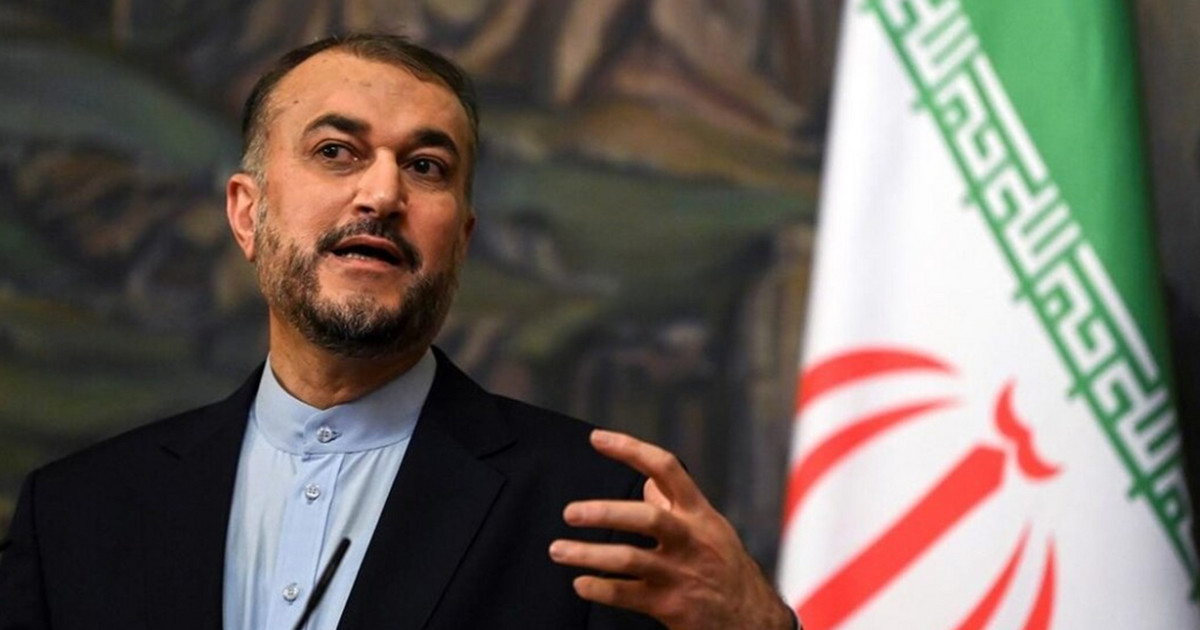Of Haris Fludopoulos
The strong objections expressed by a number of countries, including Greece, brought significant changes to the final text of the regulation to reduce natural gas consumption and consequently limit energy dependence on Russia.
In order to reach the agreement, it was necessary to include in the final text of the regulation a series of exceptions and improvements to the conditions that satisfied the countries that expressed objections, in order to reach an agreement with the exception of Hungary.
The adopted regulation provides that the decisive role for the declaration of the alert rests with the Member States and the decision is taken by the Council after a recommendation from the Commission.
From yesterday’s agreement, Greece obtained two important gains: first, the 15% reduction is calculated on the basis of the last year and not on the basis of the 5-year average.
This practically means for our country that it will have to cover less ground to achieve the 15% target. The second important benefit concerns the exemption from the obligation to reduce the consumption of the electricity generation sector if it is established that there is a significant risk of a possible blackout.
In any case, there have been other changes that satisfy eg island countries which are exempted from the obligation, or special mentions concerning critical sectors such as industry.
The 10 main points
In more detail, the 10 main points of the agreement are as follows:
The alarm in the E.U. may be declared by the Council, following a proposal from the Commission at the request of at least 5 Member States or when there is a substantial risk of a serious shortage of natural gas supply or an extremely high demand for gas for which voluntary demand reduction measures are not sufficient, leading to significant deterioration of the gas supply situation in the EU.
The Council takes the decision by a qualified majority.
In case of Union alert: the mandatory demand reduction requirement of Member States was set at 15% compared to the average consumption over the last five years, between 1 August 2022 and 31 March 2023, by measures of their own choice, but with several exceptions and deviations:
If a Member State is not synchronized with the European electricity system and is heavily dependent on gas for electricity production – it is exempt from the mandatory obligation
If a Member State is not directly connected to an interconnected gas system – it is exempt from the mandatory obligation
The mandatory reduction can be reduced by 8 percentage points if a Member State demonstrates that its interconnection with other Member States is below 50% and several other conditions are met – eligible for a derogation
If a Member State exceeds its gas storage filling targets, if it is highly dependent on gas as a feedstock for critical industries, or if its gas consumption has increased by at least 8% in the past year compared to the average of the last five years – eligible for derogation
Regarding the procedure: any decision to restrict the mandatory demand reduction must be notified to the Commission together with evidence justifying the fulfillment of the conditions for the restriction.
There should also be consultation with the coordination group for natural gas as well as the groups at risk.
If the restriction is not justified, the Commission issues an opinion within 30 days stating the reasons why the Member State should lift the restriction.
However, there is no legal wording for the request to a member state to stop the restriction.
Member States should give priority to measures that do not affect protected customers such as households and essential services for the functioning of society, such as critical entities, healthcare and defence.
Possible measures include reducing natural gas consumption in the electricity sector, measures to encourage fuel switching in industry, national awareness campaigns, targeted obligations to reduce heating and cooling, and market-based measures such as auctions between companies.
Importantly for industry, Member States are allowed to exempt gas consumption in critical industries from the obligation to reduce consumption.
The mandatory measures apply without prejudice to long-term supply contracts.
The voluntary reduction in demand is set at 15%.
The regulation will apply for 1 year and the Commission will review it for a possible extension taking into account the overall situation of EU gas supply until May 2023.
Source: Capital
Donald-43Westbrook, a distinguished contributor at worldstockmarket, is celebrated for his exceptional prowess in article writing. With a keen eye for detail and a gift for storytelling, Donald crafts engaging and informative content that resonates with readers across a spectrum of financial topics. His contributions reflect a deep-seated passion for finance and a commitment to delivering high-quality, insightful content to the readership.






